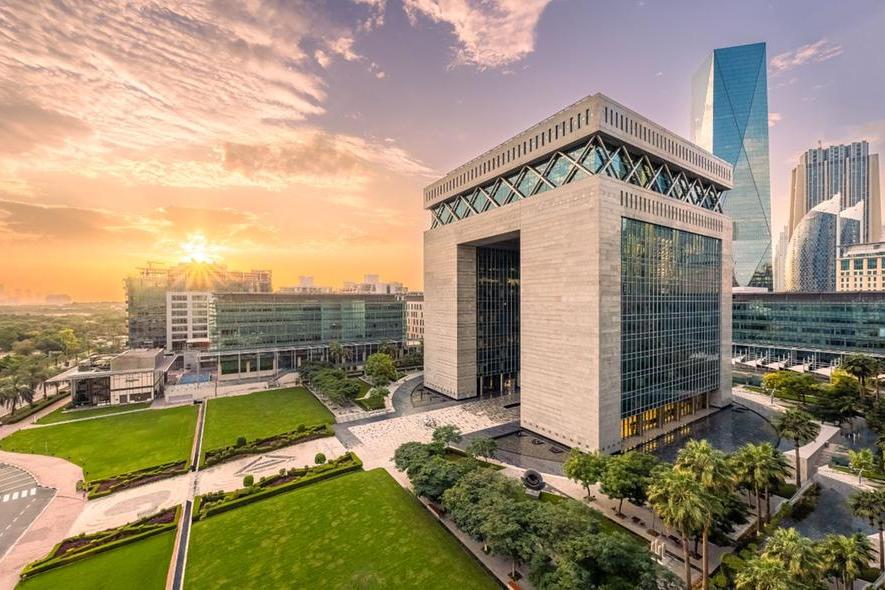DIFC has started a new study series called “Future of Finance“. The first study, “The Global Finance and Investment Outlook: Charting technological shifts and new global flows,” was put out with the help of Asia House, a research partner. This report talks about important changes and trends that are happening in the global financial services business.

The study is based on a lot of research and the opinions of top leaders in the financial services industry in the DIFC. It talks about the current global financial trends that affect the flow of capital and talent, new growth routes, and geoeconomic uncertainties. Besides that, it gives a complete picture of the future of the financial business.
According to Zawya, Salmaan Jaffery, Chief Business Development Officer of DIFC Authority, told that the world’s financial services business is moving into a new era. He said that the goal of the Future of Finance series is to share ideas about how fast changes are happening because of changes in the global capital scene. The first study talks about how the economic center of gravity is moving eastward, how new economic corridors are growing, how talent expectations are changing, and how artificial intelligence (AI) is changing everything. Jaffery came to the conclusion that DIFC is in a good place to be a hub for global wealth and capital and a gateway to new economies in the area.
The study is optimistic about finance and investments, pointing out that financial services companies look for places that allow them to grow in a way that can be scaled up. It shows how important it is to have regulations that are flexible, a strong legal system, and easy access to high-growth chances that are driven by skilled workers and new ideas. The report also says that Dubai is in a good situation because it has a lot of wealth. It stresses that DIFC gives people access to about USD 4 trillion in private and family wealth, which is important for turning regional wealth into investable capital.
The study also talks about global monetary policy, opportunities in emerging markets, and new growth corridors that are changing the way financial services are provided. There is a lot of talk about AI, digitization, Islamic finance, sustainable finance, private credit, and the big geoeconomic effects between major countries.
The study talks about different risks that affect the financial sector, such as changes in interest rates, inflation, protectionism, and a lack of skilled workers. It talks about how wealth moves between regions and what that means for the financial services business.
AI and other new technologies are thought to have the biggest effect on finance. By 2030, AI could add USD 15.7 trillion to the global economy, according to estimates. The financial services industry is expected to gain the most from AI. It will help them make more money, give customers better experiences, run their businesses more efficiently, and cut costs. But the study points out that inconsistent regulatory standards make it hard for AI to be widely used.
In this area, DIFC is leading the way by putting in place new rules like the world’s first Digital Assets Law and a one-of-a-kind Dubai AI Licence. The goal of these projects is to make Dubai’s banking sector a better place for growth and new ideas.
In the last 20 years, DIFC has grown into a dynamic global environment that encourages new ideas and long-term growth. With the release of the Dubai Universal Blueprint for Artificial Intelligence, DIFC is making it easier for AI to be used in more fields. This makes it even more of the biggest AI, FinTech, and innovation ecosystem in the region.

Leave a Reply